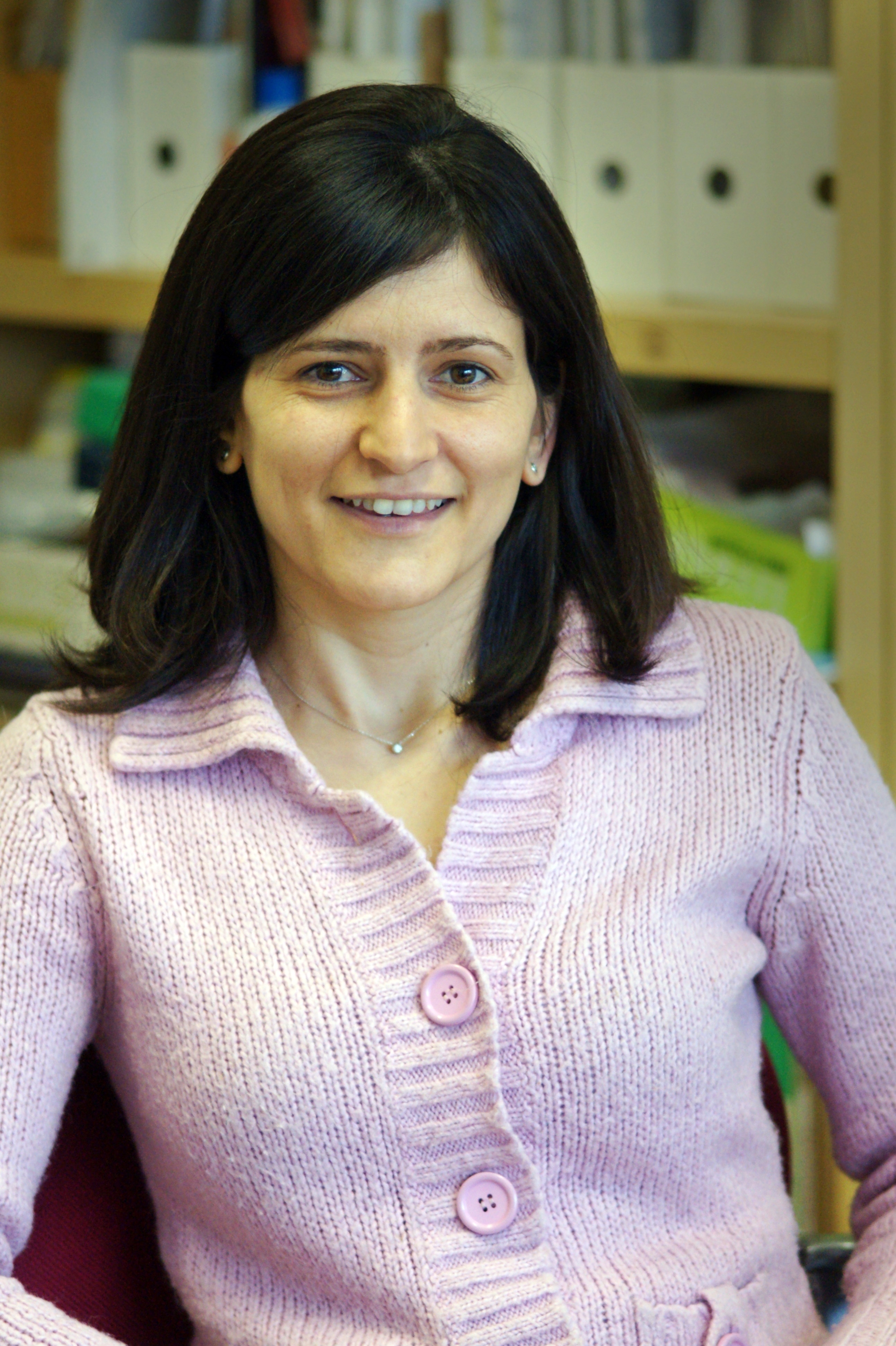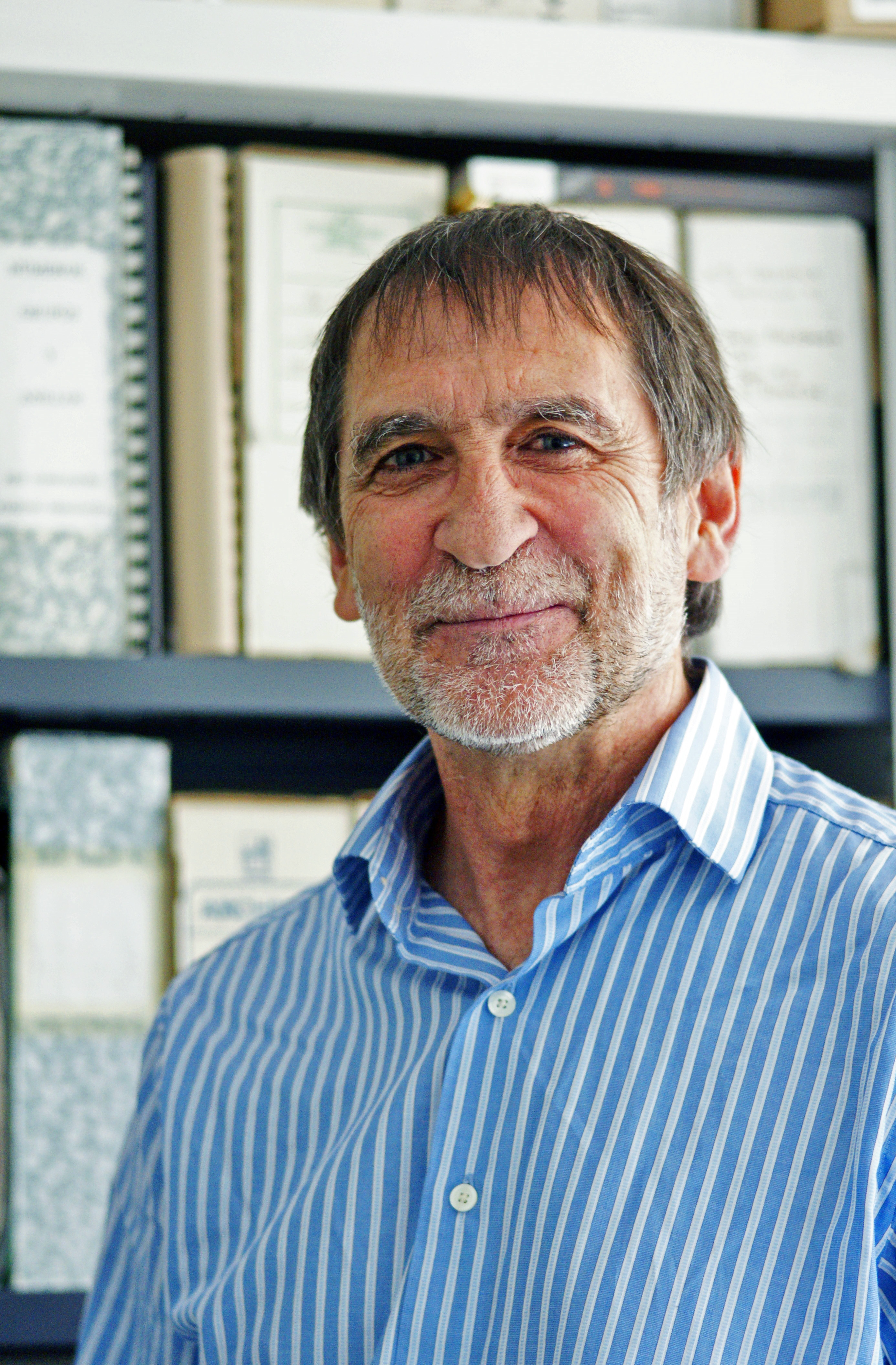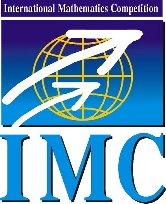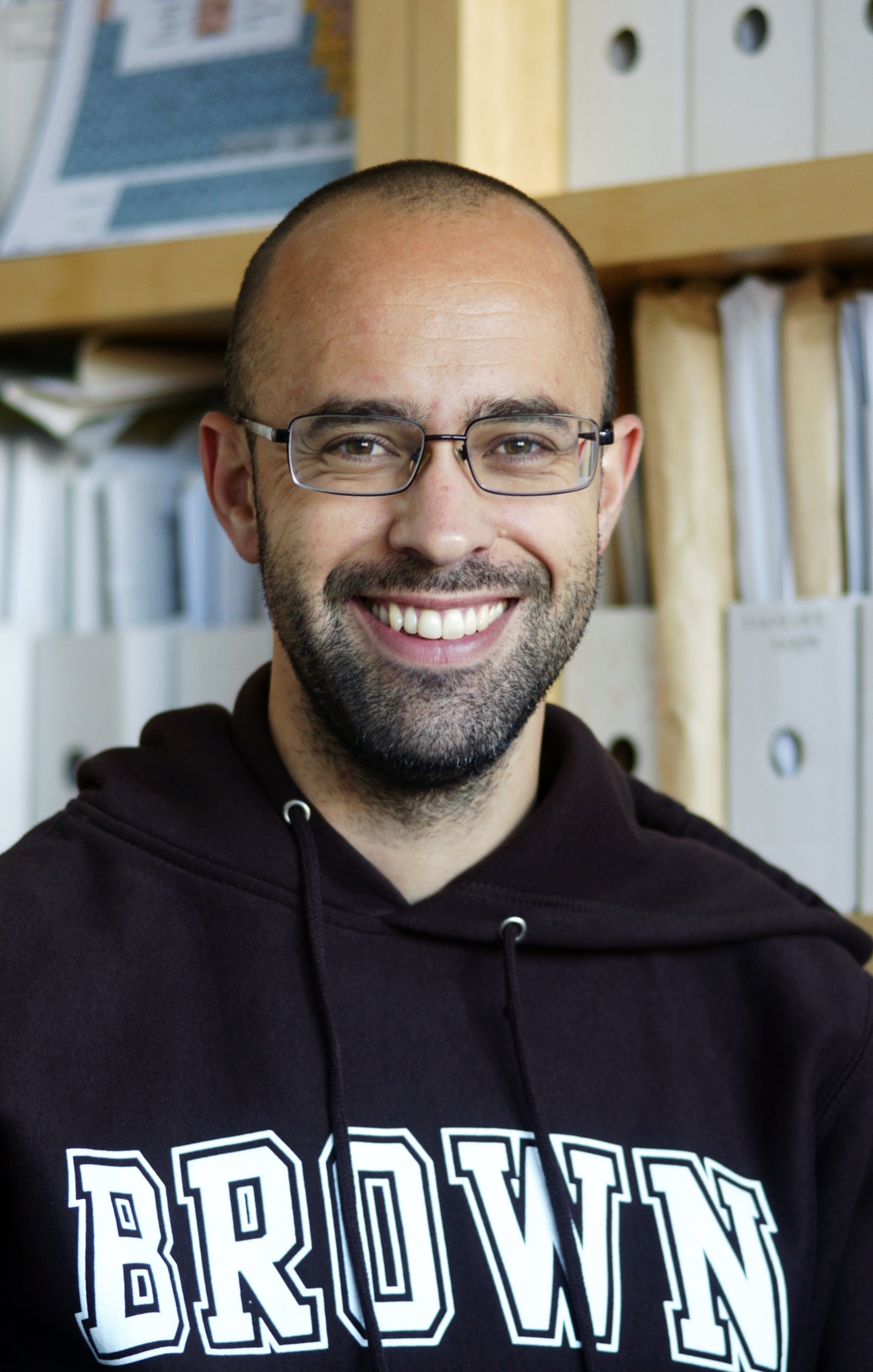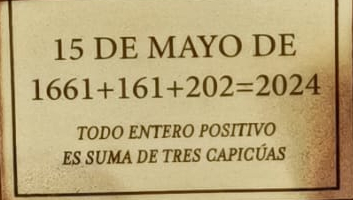Noticias Destacadas
Modificación sustancial del Plan de Estudios del Grado en Matemáticas, pendiente de aprobación por la Fundación Madri+d, basada en el acuerdo del Consejo de Gobierno de la UAM de 08/11/2023. Está previsto que la modificación se aplique, para todos los cursos del grado, en el año académico 2025-2026.
Preguntas frecuentes sobre la reforma del Grado en Matemáticas
- Información (provisional) sobre grupos y horarios de las asignaturas impartidas por el Departamento de Matemáticas, para el curso 2024-2025.
|
V edición de los Premios al Joven Talento Científico FemeninoEste martes, 11 de febrero de 2025, la Reina Letizia ha entregado los premios al Joven Talento Científico, en su V edición, de la Fundación Real Academia de Ciencias de España (FRACE). Nuestra compañera Ana Primo Ramos ha recibido el premio en la categoría Matemáticas. Ver noticia en las páginas web de: Casa Real, Real Academia de Ciencias, Facultad de Ciencias UAM |
|
Académico de Honor de la RACEn el pleno del 27 de noviembre de 2024, nuestro compañero Eugenio Hernández ha sido nombrado Académico de Honor de la RAC (Real Academia de Ciencias Exactas, Físicas y Naturales de España). En el nombramiento se destacó "su dedicación y contribución al programa Estalmat desde sus inicios, no sólo con la coordinación en la Comunidad de Madrid, sino también a nivel nacional, con un trabajo constante, abnegado y siempre desinteresado". |
|
Medallistas IMC 2024
Tres de nuestros alumnos, Pablo Soto Martín, Sergio Rodríguez Marín y Diego González Lozano, han participado en la 31º edición de la International Mathematics Competition for University Students (IMC) 2024, en Blagoevgrad (Bulgaria). Pablo ha obtenido un primer premio y Sergio y Diego mención honorífica. |
|
Medallas RSME 2024Nuestro compañero Eugenio Hernández ha sido galardonado con una de las Medallas RSME 2024, junto a Alfredo Bermúdez de Castro y Clara Grima. La sociedad matemática española expresa así su reconocimiento público a personas que han destacado por sus relevantes y continuas aportaciones en los diferentes ámbitos de las matemáticas, como la educación, la investigación, la transferencia y la divulgación, entre otros. |
|
Premios a Favor de Jóvenes InvestigadoresNuestro compañero José Manuel Conde Alonso ha sido galardonado en la modalidad de “Ciencias Matemáticas y Física Teórica” en los Premios a Favor de Jóvenes Investigadores de la UAM. El objetivo principal de estos premios es el de reconocer y visibilizar el trabajo de los investigadores jóvenes de la UAM por su contribución al desarrollo científico, así como a su visualización nacional e internacional como centro investigador de referencia. |
|
Premio SeMA al mejor artículo del SeMA Journal de 2023En esta edición el artículo galardonado ha sido "Finite difference schemes for the parabolic p-Laplace equation", SeMA Journal volume 80, pages 527-547 (2023) elaborado por los profesores Félix del Teso de la Universidad Autónoma de Madrid y Erik Lindgren del KTH-Royal Institute of Technology de Estocolmo. |
|
Plaza Jardín matemático Javier CillerueloEl pasado 15 de mayo tuvo lugar en su ciudad natal, Aranda de Duero, un homenaje a nuestro compañero Francisco Javier Cilleruelo Mateo, fallecido en la misma fecha de hace ocho años. En el acto se inauguró la plaza-jardín que llevará su nombre, entre dos centros educativos que disfrutó en su niñez. |

 Noticias Anteriores
Noticias Anteriores
